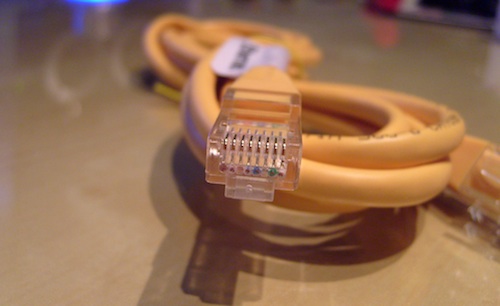
Less than 5% of the world’s Internet Protocol version 4 (IPv4) addresses remain unallocated, the Number Resource Organization (NRO) warned on Monday.
The IPv4 free pool dipped below 10% in January, just nine months ago. Since then, more than 200m IPv4 addresses have been allocated to regional Internet registries.
“This is a major milestone in the life of the Internet and means that allocation of the last blocks of IPv4 to the regional registries is imminent,” says NRO chairmnan Axel Pawlik. “It is critical that all Internet stakeholders take definitive action now to ensure the timely adoption of IPv6.”
IPv6 is the “next generation” of the Internet Protocol, providing a hugely expanded address space, which will allow the Internet to grow into the future.
In 2010, the five regional registries are expected to allocate more than 2 000 IPv6 address blocks, representing an increase of over 70% on the number of IPv6 allocations in 2009. In contrast, the number of IPv4 allocations is expected to grow by only 8% in 2010. These statistics indicate an absence of any last minute “rush” on IPv4 addresses, and a strong momentum behind the adoption of IPv6.
“The allocation of Internet number resources by the five regional registries enables every region in the world to benefit from fair and equitable distribution of IPv4 and IPv6 addresses. We are also actively collaborating with stakeholders at the local, regional, and global level to offer training and advice to public and private sector organisations on IPv6 adoption to ensure that everyone is prepared for IPv4 depletion and IPv6 deployment,” says Pawlik.
According to current depletion rates, the last five IPv4 address blocks will be allocated to the regional registries in early 2011. The pressure to adopt IPv6 is mounting. Many worry that without adequate preparation and action, there will be a chaotic scramble for IPv6, which could increase Internet costs and threaten the stability and security of the global network. — Staff reporter, TechCentral
- Subscribe to our free daily newsletter
- Follow us on Twitter or on Facebook

